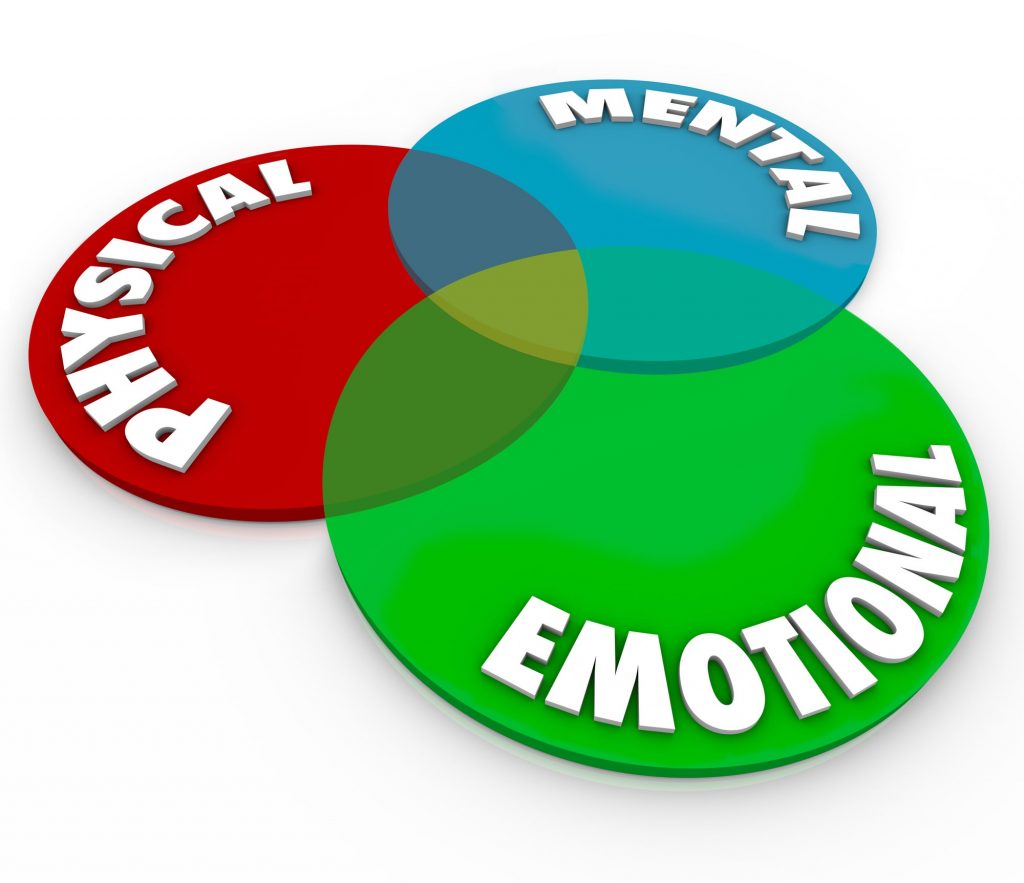Stress is often the result of daily life experiences and can negatively impact women’s bodies, minds and emotions. But, what exactly is Stress Syndrome? Stress Syndrome is often the result of chronic stress due to the effects of modern-day life or poor work-life balance. As such, it causes the body and the mind to begin demanding rest. Coping with stress can be a challenge but is doable.
Life is filled with positive and negative challenges. Your mindset, past conditioning and beliefs can determine how you perceive these experiences. Click here to read, “How Our Perceptions Affect Our Pain”. In addition to what level of stress they may cause. However, all stress is not bad stress. Click here to read “Effects Of Stress – Stress Can Be Good For You?!”
How Do Stressors Activate the Stress Response?
When stressors like long work hours, family responsibilities or toxic relationships compound, the stress response is activated. The amygdala in the brain sends a distress signal causing the hypothalamus to send signals. This is done through the autonomic nerves to the adrenal glands, which in turn, activates the sympathetic nervous system. Click here to view “Four Types of Stress You Have to Know About and How to Avoid Them”.
The adrenal glands respond by pumping the hormone epinephrine (also known as adrenaline) into the bloodstream. Several physiological changes occur as epinephrine circulates throughout the body.
Be Aware Of The Symptoms
Most people are unaware of these ongoing, subtle changes. They can become physically and psychologically drained over time by a chronic stress response. As a result, your body will begin to exhibit general, biochemical, emotional, cognitive or behavioral symptoms.
Examples of these include:
- exhaustion
- insomnia
- irritability or anger
- headaches
- panic disorder
- hypertension
- pain
- sadness
- anxiety
- nervousness
- decreased memory
- poor judgement
- poor appetite
- inability to focus
- frequent colds or infections
- weight gain or loss
Stress Syndrome is not just the result of a stress response, but it more frequently is a result of adrenal fatigue.
Is Adrenal Fatigue The Underlying Cause?
Over time the adrenal glands, which sit on top of your kidneys, become depleted due to stress. They are responsible for releasing hormones to regulate energy function, your immune system and muscle. However, adrenal fatigue occurs when these glands are so exhausted they cannot respond to high stress levels.
The hormone production of DHEA and testosterone decreases. Therefore, resources needed to produce these sex hormones are diverted to production of stress hormones like cortisol. After months or years of chronic stress, these hormones become so low that the adrenals become severely depleted.
Women most often experience extreme difficulty waking up in the morning. Also, high levels of exhaustion throughout the day. Dark circles under the eyes, dizziness when standing and a weak immune system. Also, uncontrollable cravings for salty foods. Click here to read “Adrenal Fatigue? 7 Tips to Fight Back Naturally”.
Natural Techniques & Remedies For Coping With Stress
1. Be Physically Active
Exercise is known to increase release of the ‘happy’ brain neurotransmitters called endorphins. Regular physical activity also increases self-confidence, relaxation and can help reduce anxiety. If you haven’t exercised for some time or are just beginning a new exercise routine, consult your doctor if you have health concerns.
2. Healthy Eating Makes A Difference
Make sure to eat lots of dark green leafy vegetables, fermented foods, berries, nuts and seeds. Sugary, starchy and processed foods can increase stress. A great tip to bring the thyroid and adrenals back into harmony is to include non-soy collagen protein blended with a handful of berries and a pinch of salt. This combination will calm the nervous systems and stabilize blood sugar.
3. Calming Music Calms Your Mind
Studies have shown that listening to music modulate anxiety levels due to the experience of stress. As such, music has also been shown to beneficially affect stress-related processes of the mind and emotions.
4. Biofeedback Brings Back Balance
Biofeedback is a method to measure the body’s physiological responses in real time, using computers or machines. The tools and process of biofeedback help to eliminate problematic symptoms and return the body and mind back to homeostasis. It does this by regulating a person’s stress response and increasing relaxation. Often deep breathing, visualization and meditation techniques are utilized. Click here to read how to “Put A Little Namaste In Your Life.”
5. Take Your Supplements
A daily dosage of B-complex is beneficial. These vitamins, including thiamin, niacin, biotin and folic acid. Each play a key role in brain and nervous system function. B5 and B6 are food sources for the adrenals and B12 supports energy production. Also, add to your diet a liquid trace mineral. Up to 10 drops per day and a probiotic help to improve mood and protect the gut.
Healthy and stress-free living IS possible. The first step to coping with stress is to take a holistic approach to eliminating stressors. Diligently committing to incorporating techniques and lifestyle changes that will boost your adrenals, relax your body and calm your nervous system. Fight stress syndrome naturally and reclaim your life. For further information click here to read “9 Steps To Heal Adrenal Fatigue Naturally”.

